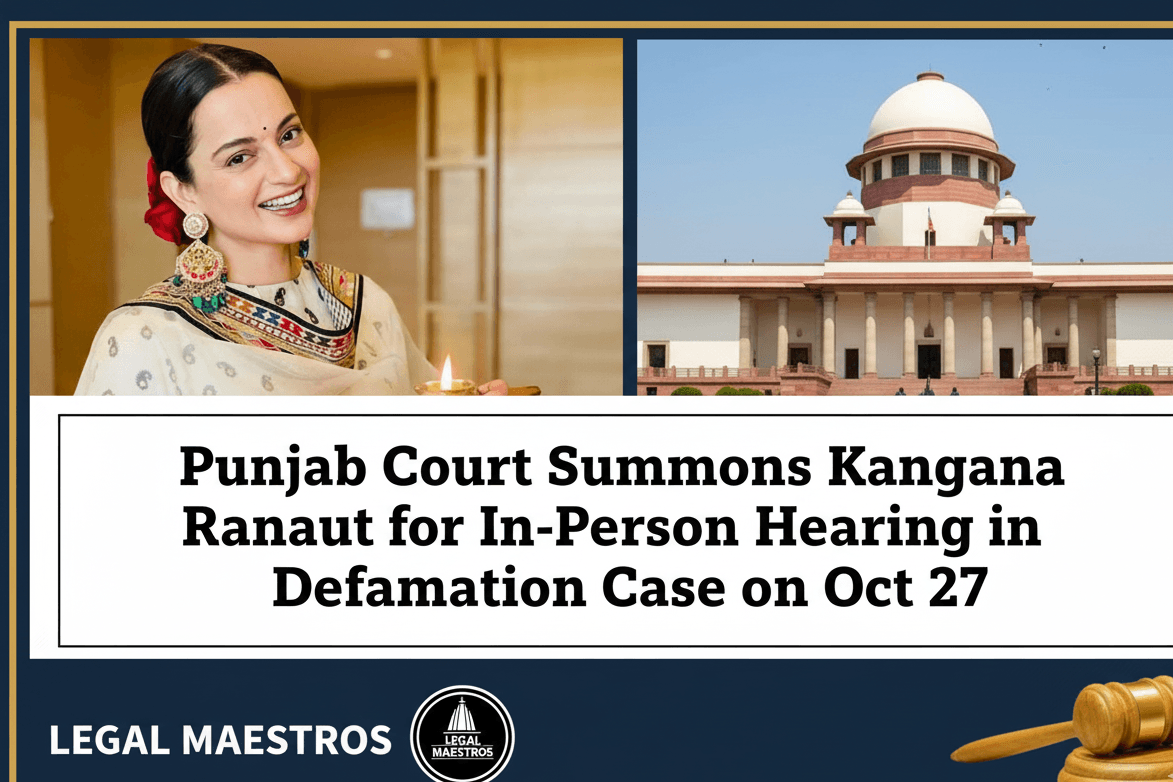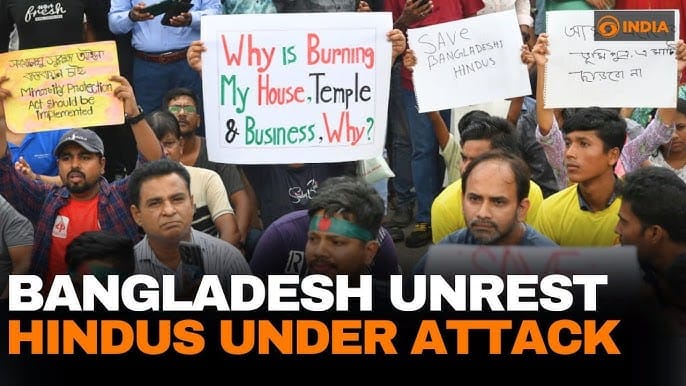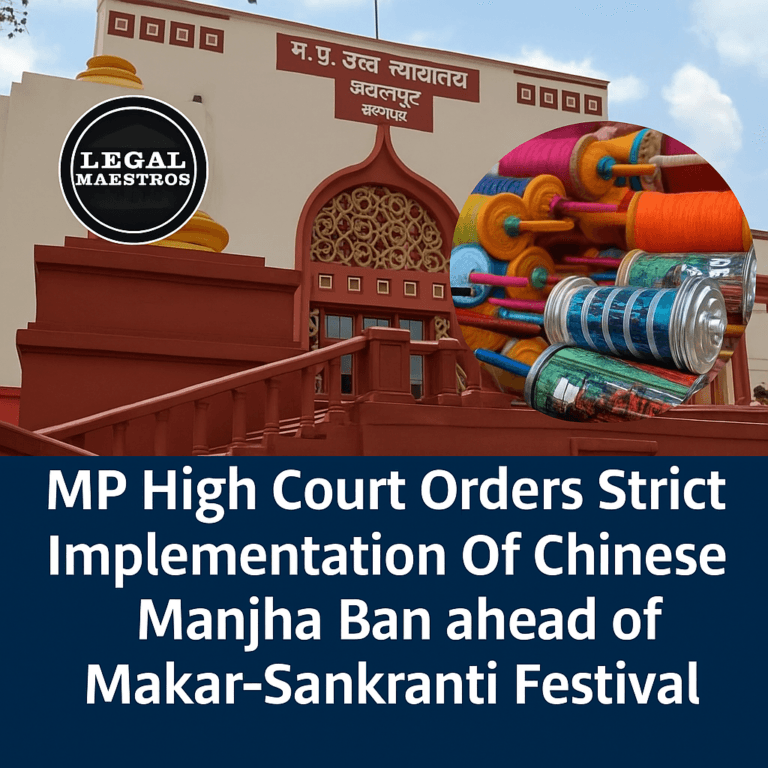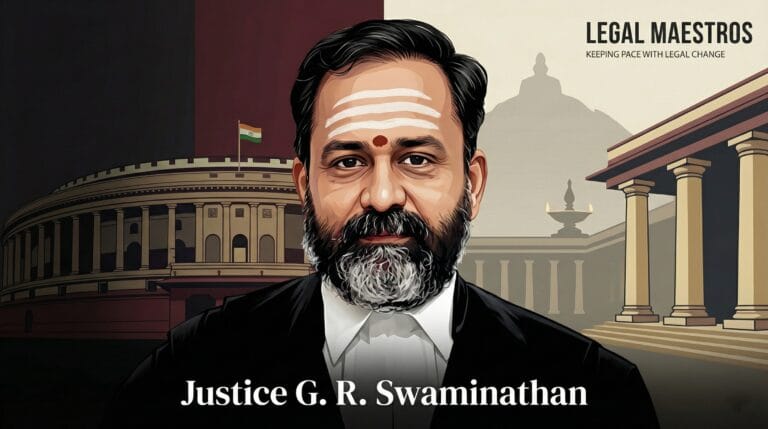
Punjab Court Summons Kangana Ranaut for In-Person Hearing in Defamation Case on Oct 27
The Origins of the Dispute
The scandal started happening in 2020 when the Indian farmers were actively protesting against three controversial farm laws. Kangana Ranaut was then a strong opponent of the protests. Through a post on a social media platform X (then called Twitter), she posted a photo of Mohinder Kaur in one of the protests sites, and incorrectly identified her as Bilkis Bano, the old lady who became a face of the Shaheen Bagh protests in Delhi.
The posting was not just a mere misidentification. Kangana Ranaut, in her comment, claimed that this person could be hired to join protests on a low amount of 100 rupees. This statement was highly criticised as not only a factual inaccuracy but also a very personal insult, since it undermined the true involvement of the protestor herself by depicting her as a paid-off demonstrator. The remark belittled her efforts to the cause and put her in a derogatory light.
The social media reaction was enormous to the post and lots of users mentioned the factual mistake and criticized the insensitivity of the comment. The woman in the photo was quickly properly identified as an 87-year old Punjab farmer Mohinder Kaur who had gone to the protest site out of her conviction. The actor was harshly criticised by prominent personalities and the unions of farmers over misinformation and disrespect towards an elder.
For any queries or to publish an article or post or advertisement on our platform, do call at +91 6377460764 or email us at contact@legalmaestros.com.
Kangana Ranaut later removed the tweet after the uproar and indignation of many. But the online presence of the comment was already being transmitted throughout the internet, and in the case of Mohinder Kaur, it was too late. The deletion of the post was not regarded as a sufficient solution, and she turned to a court to clean her name and take revenge on the people who humiliated her publicly.
A Legal Battle for Honour
In reaction to the post by the actor, Mohinder Kaur had lodged a criminal defamation case in a Punjab court. According to the lawsuit, the false statements made by Kangana Ranaut had inflicted irreparable harm on her career and caused a lot of mental stress to her. It claimed that the actor had defamed a private citizen without any verification and that he had employed his huge social media presence to do so, which constitutes a clear instance of defamation that is liable under the Indian Penal Code.
The legal struggle has been a surrogate of the determination of Mohinder Kaur to fight to maintain her dignity. She has always insisted that her involvement in the protest of the farmers was based on the fact that she is a farmer and because she cares about the future of her people. The case is not merely regarding a personal attack but it is also framed as a struggle to defend the honour of all the farmers who took part in the historic movement whose right was challenged by these sentiments.
The case has also had several preliminary stages in the judicial system over the past few years. The court has reviewed the case provided by the complainant such as the screenshots of the social media post and the testimonies of the witnesses. To now call Kangana Ranaut to a face-to-face hearing is a sign that the court thinks there is a substantive case to be decided upon and is willing to proceed with the trial part of the proceedings.
Many have framed this legal battle in the classical David against Goliath scenario. On the one hand is a common people, an old farmer of a small village, who wants to defend her honour. On the other is one of the most renowned and powerful movie stars in the country and who has enormous resources at her disposal. The summons issued by the court is one of the major milestones in the lengthy and painful process of getting justice by the complainant.
Celebrity Responsibility in the Digital Age
The case is a great reminder of the duties of being a celebrity in the era of social media. Celebrities such as Kangana Ranaut have access to a large base of millions of people at once, making their words carry potent influence in commanding crowds, creating stories, and, in this case, inflicting serious damage on personal reputation. There is a similar responsibility attached to their power of being cautious and ensuring that they check facts before making statements to the people.
The contentious debate brings out the key difference between the freedom of expression and defamation. Although the Constitution of India has the right to express oneself, it is not absolute and cannot protect the right against making false words that harm ones character or reputation within the community. The case will be a major test of where the legal system will draw that line, particularly online speech.
The event is a warning to the users of all social networks, but especially to those who have a large number of followers. It shows that online activities have physical, actual results which can result in severe legal issues. A recklessly posted blog or a broadcasted fake news item can lead to a legal case that may last years, cost resources and hold individuals accountable, when the post was long since erased.
In addition, the fact that Mohinder Kaur was mistakenly identified also highlights the widespread issue of misinformation and how it can easily be used to wrongly incriminate individuals. A false story when multiplied by the power of a known figure can soon go way out of control, leaving the victim to the humiliation of the masses. The case against Kangana Ranaut compels the much needed discussion on the responsibility of spreading such falsehood irrespective of fame or status.






